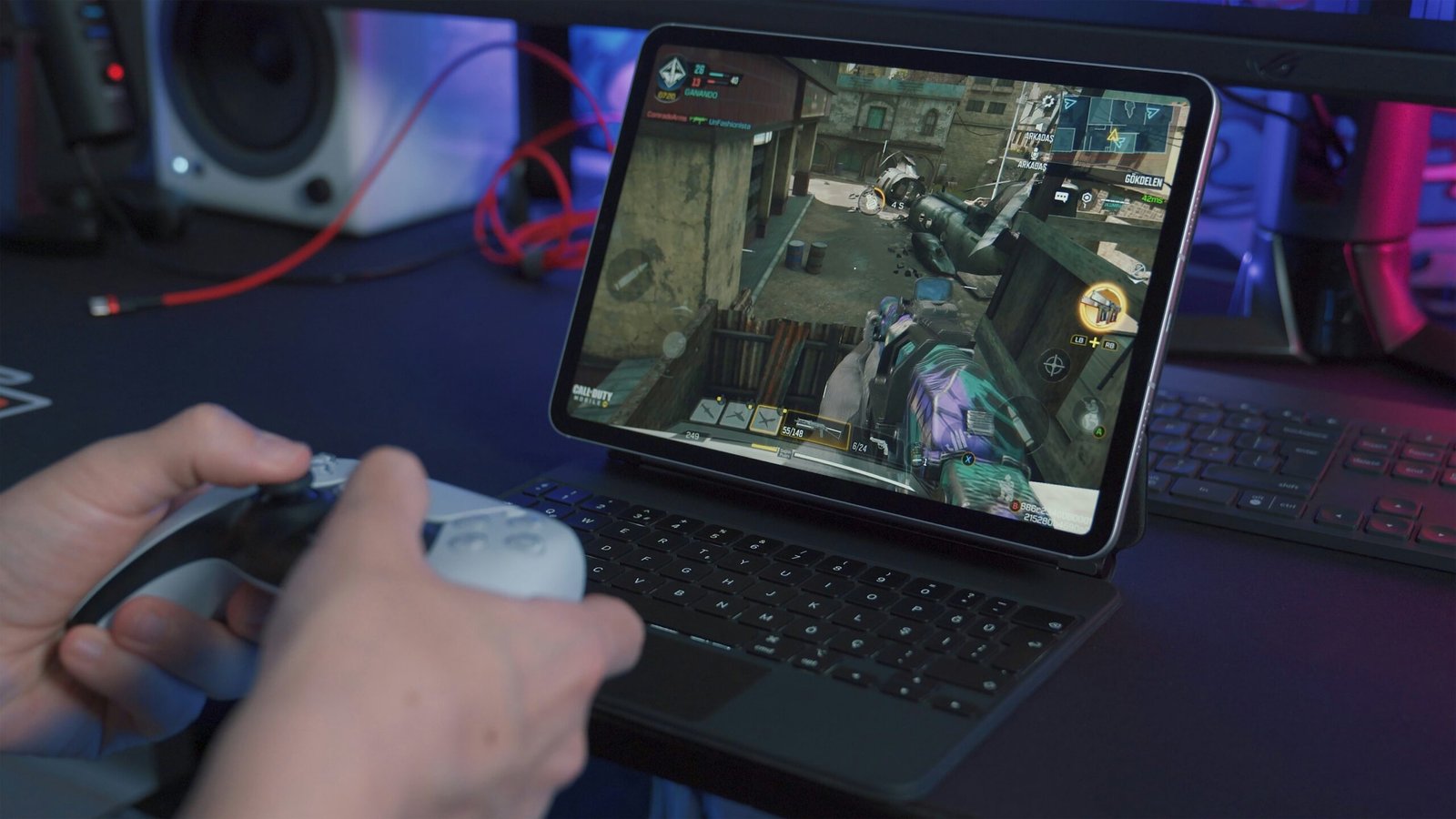Introduction to GitHub.io Games
GitHub.io games represent an intriguing facet of indie game development, leveraging the robust capabilities of GitHub Pages. This platform allows developers to host their web-based creations for free, making it a significant resource for game development enthusiasts. As GitHub Pages is essentially a tool for deploying static websites directly from a repository, developers can use it to share their games with a global audience effortlessly.
The surge in popularity of indie game development owes much to its accessibility and creative freedom, traits that align perfectly with the ethos of github.io games. Unlike traditional game publishing pathways, which often require substantial financial investment and access to industry connections, GitHub Pages democratizes the process. Developers, whether seasoned professionals or complete beginners, can utilize this platform to publish and share their games. This opens doors to creative experimentation without the overhead costs usually associated with game development.
GitHub.io games also benefit from the extensive community support inherent to GitHub. With millions of users and a culture based on collaboration and open-source sharing, developers can seek assistance, gather feedback, and collaborate with others on their projects. This community-driven aspect not only fosters innovation and learning but also provides a nurturing environment for growth and development. For beginners, managing repositories and deploying projects offer hands-on experience with version control and web development practices, further enhancing their skill set.
The appeal of GitHub.io games isn’t restricted to just ease of use or cost-efficiency. It serves as a playground for creativity where constraints are minimal, thus inviting unique and diverse game concepts. The straightforward integration with HTML, CSS, and JavaScript frameworks allows developers to bring their visions to life in a web-based format, which is easily shareable across different platforms and devices.
Notable GitHub.io Games to Explore
GitHub.io games boast an impressive array of creative and innovative titles across various genres, reflecting the vibrant indie game development community. Among these, a few standout games have captured the attention of gamers and developers alike, showcasing diversity and quality that rivals commercially developed games.
One notable title is 2048, a highly addictive puzzle game developed by Gabriele Cirulli. Based on a simple concept of merging numbered tiles to reach the coveted “2048” tile, its clean design and engaging gameplay quickly turned it into an internet phenomenon. Its open-source nature on GitHub.io has inspired numerous adaptations and modifications, emphasizing the collaborative spirit of the platform.
In the strategy genre, Hextris offers an exceptional twist on the traditional Tetris game. Developed by Logan Engstrom, this game involves rotating a hexagonal grid and matching colored lines to clear spaces. The strategic depth and challenging mechanics of Hextris make it a compelling experience for fans of the genre. Its success story includes mentions on major tech blogs and a growing player community, showcasing how GitHub.io games can achieve widespread acclaim.
For adventure enthusiasts, Legend of Junior stands out with its captivating storyline and well-crafted gameplay. This game, combining elements of role-playing and adventure, allows players to embark on epic quests in a beautifully rendered fantasy world. Developed by Lucas Green, Legend of Junior has been praised for its attention to detail and immersive experience, further putting GitHub.io on the map for high-quality indie games.
Personal experiences with these games reveal the ingenuity and dedication behind their development. Playing The Boundless, a cooperative survival game, highlighted how developers leverage GitHub.io’s collaborative environment. The Boundless involves players working together in an open world to build, survive, and thrive against environmental challenges. Its frequently updated codebase and active community contribute to its ongoing popularity.
These examples underscore the innovation found in GitHub.io games. Whether it’s the simplicity of 2048, the strategic complexity of Hextris, the immersive adventures of Legend of Junior, or the cooperative challenges in The Boundless, the platform offers a rich variety of gaming experiences. These titles exemplify the potential of GitHub.io as a breeding ground for diverse and high-quality indie games.
How to Develop Your Own Game on GitHub.io
Developing and hosting your own game on GitHub.io is a rewarding journey that allows you to bring your creative ideas to life, while also engaging with a community of like-minded developers. To start, you need to sign up for a GitHub account if you don’t already have one. Once your account is set up, create a new repository specifically for your game project. This will serve as your game’s central hub, where you can manage files, track progress, and collaborate with others.
Next, selecting the right tools and frameworks is crucial for your game’s development. Popular choices in the GitHub.io games community include HTML5, JavaScript, and CSS, as they provide a versatile and powerful foundation for web-based games. HTML5 is used for structuring your game’s content, JavaScript controls the game’s logic and interactions, and CSS is employed for styling and visual effects.
When it comes to coding, start by breaking down your game into smaller, manageable components. This approach not only makes the coding process more efficient but also simplifies testing and debugging. Utilize GitHub’s integrated issues tracker and pull request features to manage your codebase effectively and address any bugs or improvements as they arise. Testing your game regularly on different browsers and devices ensures it performs optimally for all users.
Deploying your game on GitHub Pages is a straightforward process. Navigate to your repository settings and locate the GitHub Pages section. From there, select the source branch and directory that contain your game’s files, and GitHub will automatically generate a public URL for your game. This makes it accessible to anyone with an internet connection.
To further enhance your skills and knowledge, take advantage of the abundant resources available. Online tutorials, coding bootcamps, and community forums can provide invaluable guidance and support. Additionally, documenting your code and process thoroughly is essential. Clear documentation helps others understand your project, facilitates community feedback, and ensures long-term maintainability.
The Future of Indie Games on GitHub.io
The landscape of indie game development on GitHub.io is poised for significant growth and transformation, driven by both technological advancements and heightened interest in indie games. As a platform, GitHub.io offers a unique environment where collaboration, innovation, and the sharing of code and ideas thrive, setting the stage for a vibrant future in indie gaming. One of the most prominent benefits of GitHub.io’s open-source nature is the ability for developers from around the world to collaborate on projects, sharing their diverse skill sets and creative visions to build more sophisticated and innovative games.
The continuous evolution of web technologies, such as HTML5, WebGL, and advancements in browser performance, will further empower developers to create richer and more immersive gaming experiences on GitHub.io. The low barrier to entry and the extensive resources available on the platform attract an increasing number of indie developers, encouraging them to experiment and innovate without the constraints typically faced in traditional game development environments.
Moreover, the growing community of indie game enthusiasts and players on GitHub.io fosters a supportive ecosystem where feedback and engagement drive continuous improvement and creativity. The platform’s open-source model ensures that successful projects can serve as learning tools and inspiration for new developers, fostering an ever-expanding cycle of innovation and quality enhancement in game development.
However, this burgeoning potential isn’t without its challenges. The abundance of projects on GitHub.io can make it difficult for individual games to gain visibility. Developers must also navigate the complexities of maintaining open-source projects, including managing contributions and addressing security vulnerabilities. Despite these challenges, the opportunities presented by GitHub.io’s collaborative environment and resource-rich platform largely outweigh the obstacles.
As the community continues to grow and evolve, GitHub.io is set to become an even more integral part of the indie game development landscape. By leveraging the platform’s strengths and addressing its challenges, developers can continue to push the boundaries of creativity and innovation, shaping the future of indie games in remarkable ways.


